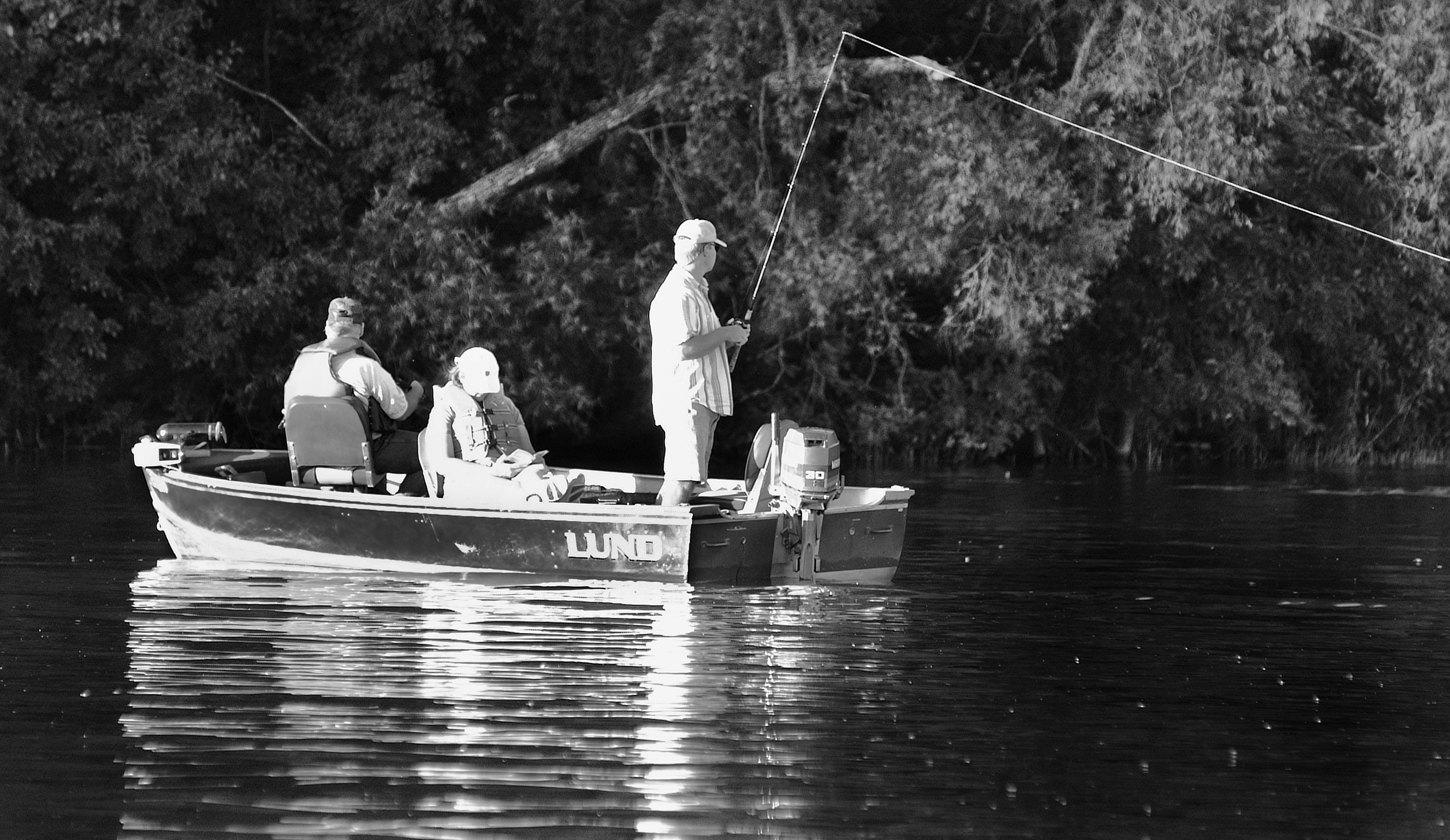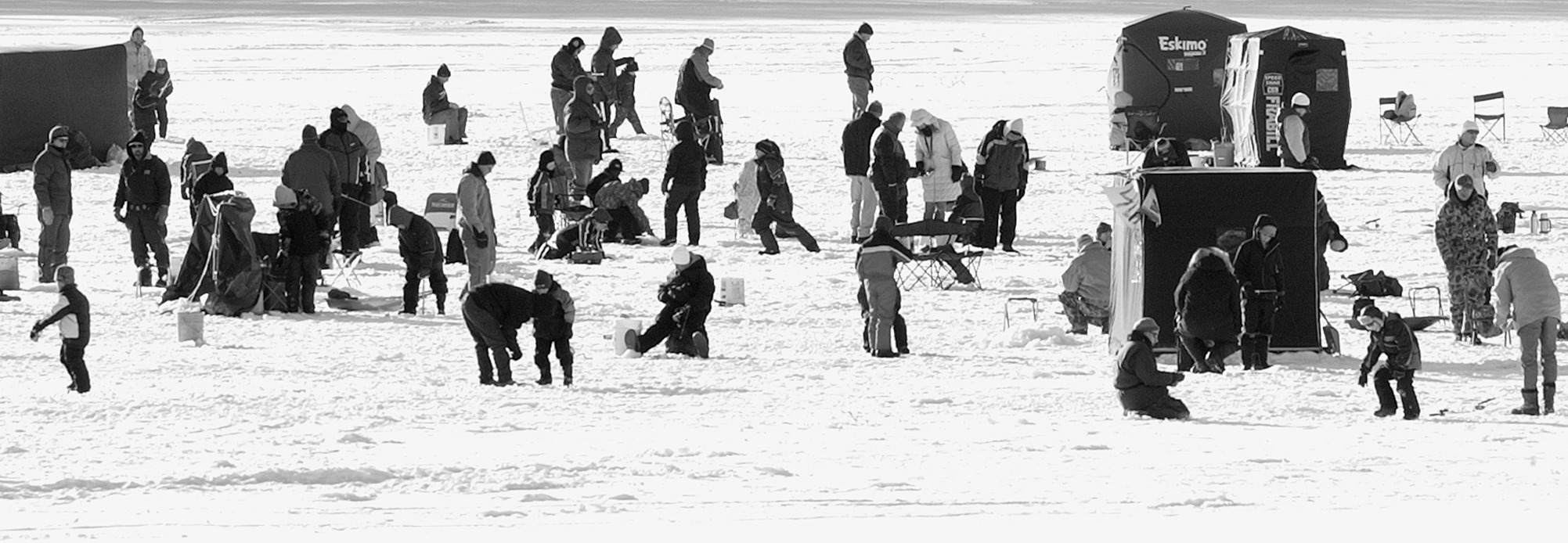At Issue: Hunting, fishing, forests and more
By Nick Busse

A new law establishes the Lake Vermilion State Park, creates a joint legislative-citizen council to help fund conservation projects, and makes dozens of changes to the state’s hunting and fishing laws.
It contains the provisions of the omnibus game and fish bill, the Department of Natural Resources’ annual land acquisitions bill, and numerous other bills heard during the session. Rep. David Dill (DFL-Crane Lake) and Sen. Satveer Chaudhary (DFL-Fridley) are the sponsors.
Among the projects agreed to by legislative leaders and the governor during the final days of session was a deal on the proposed Lake Vermilion State Park. Although money to purchase the 3,000-acre park is provided for separately in the second of the session’s two bonding laws, language authorizing the new park and establishing its boundaries is provided for here, and takes effect as soon as the state buys the land.
Among the more controversial provisions in the law is the establishment of a “Lessard Outdoor Heritage Council” consisting of four state lawmakers and eight citizens to advise the Legislature on how to spend money from the outdoor heritage fund. That fund, which will receive more than $90 million per year in new sales tax money if voters approve a constitutional amendment on this year’s general election ballot, can be used only to protect, restore and enhance fish and wildlife habitat.
Opponents of the council said it would put legislators’ financial responsibilities into the hands of unelected citizens.
“So basically, we have now citizens who are going to be telling us how to spend $100 million of state money a year,” said Rep. Tom Rukavina (DFL-Virginia).
Dill argued that legislators will still have the final say over how the money will actually be spent. Advocates from hunting and fishing organizations have stated that citizen control of the council is key to their support for the November sales tax ballot initiative.
A summary of selected provisions of the new law is presented below. Unless otherwise noted, the law takes effect Aug. 1, 2008.
HF3280/SF2651*/CH368
Hunting
Selected changes to hunting laws include:
• eliminating the minimum age requirements for hunting moose, elk and prairie chicken;
• requiring residents under age 16 to obtain a license to hunt big or small game, but waiving the fee;
• loosening firearm safety requirements for residents under age 16;
• allowing youth who will turn 12 years old within the calendar year to obtain a license to hunt big game;
• allowing residents ages 10 and 11 to hunt big game provided they are within immediate reach of a parent or guardian;
• allowing the use of crossbows to hunt bear and turkey during their respective firearms seasons;
• allowing bow hunters to possess a firearm while hunting big game other than deer;
• allowing bear hunting permit applicants to apply for more than one permit area at a time by ranking their choices;
• limiting the time period in which raccoons may be hunted to between one half-hour after sunset to one half-hour before sunrise; and
• increasing the cock pheasant bag limit to three per day beginning on Dec. 1, until the end of the pheasant season. A similar measure was included in last year’s game and fish bill but was removed in a conference committee.

Fishing
Selected changes to fishing laws include:
• creating a “conservation angling license” that would cost two-thirds the price of a regular license, allow license-holders to take up to one-half of the normal fish possession limits, and be valid for 14 consecutive days;
• creating a $5 walleye stamp validation for fishing licenses, the proceeds of which will go to fund walleye stocking activities by the DNR;
• expanding the open season for spear fishing through the ice by leaving open the season’s opening date; and
• clarifying that statutes applying to ice houses also apply to various kinds of portable shelters used for ice fishing.
Aquaculture
The law asks the DNR to make several changes to its rules on aquaculture — the commercial farming of minnows and other fish in public waters. The department is required to establish an aquaculture license fee structure that makes the program self-sustaining, and develop best management practices to ensure the long-term sustainability of wetlands used for aquaculture.
Additionally, effective upon enactment, the law forbids the department from issuing aquatic farming licenses for water bodies that are subject to federal or state protective easements, and requires those applying for licenses to notify all landowners with direct access to the water bodies to which they would apply.
‘Forests for the Future’
The law establishes a program called “Minnesota Forests for the Future” designed to protect state forestland from destruction and fragmentation by private development. The goal is to preserve forests while keeping the actual land in private owners’ hands by letting the DNR purchase easements and requiring forestry management plans from participating landowners. A revolving account for the program is established within the state’s Environment and Natural Resources Trust Fund.
Session Weekly More...
Related Stories
At Issue: Hunting, fishing, forests and more
Jam-packed as usual, this year’s omnibus game and fish law holds a few surprises
(view full story)
Published 5/30/2008
At Issue: Hunting and fishing galore
Omnibus game and fish bill is chock full of policy changes
(view full story)
Published 3/14/2008